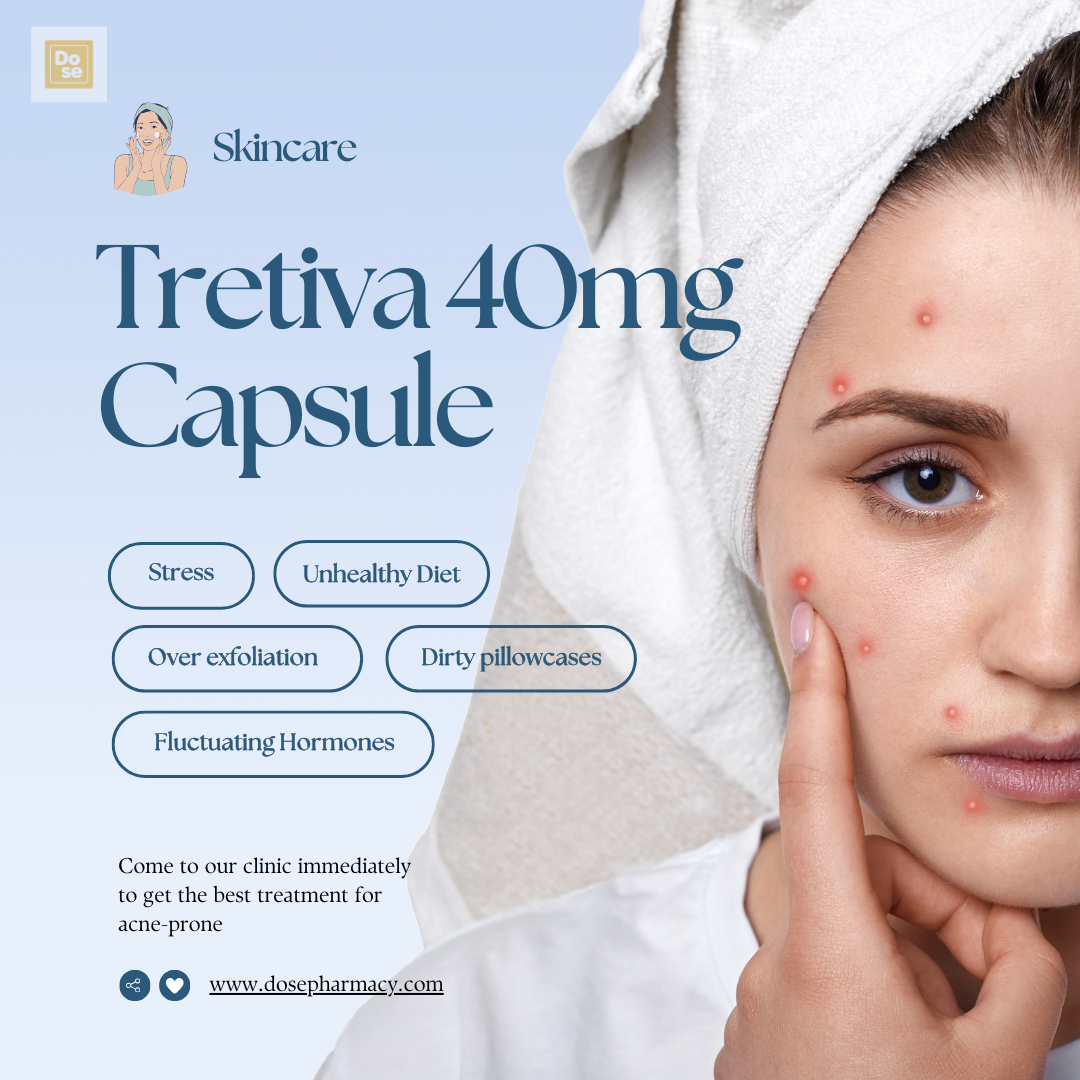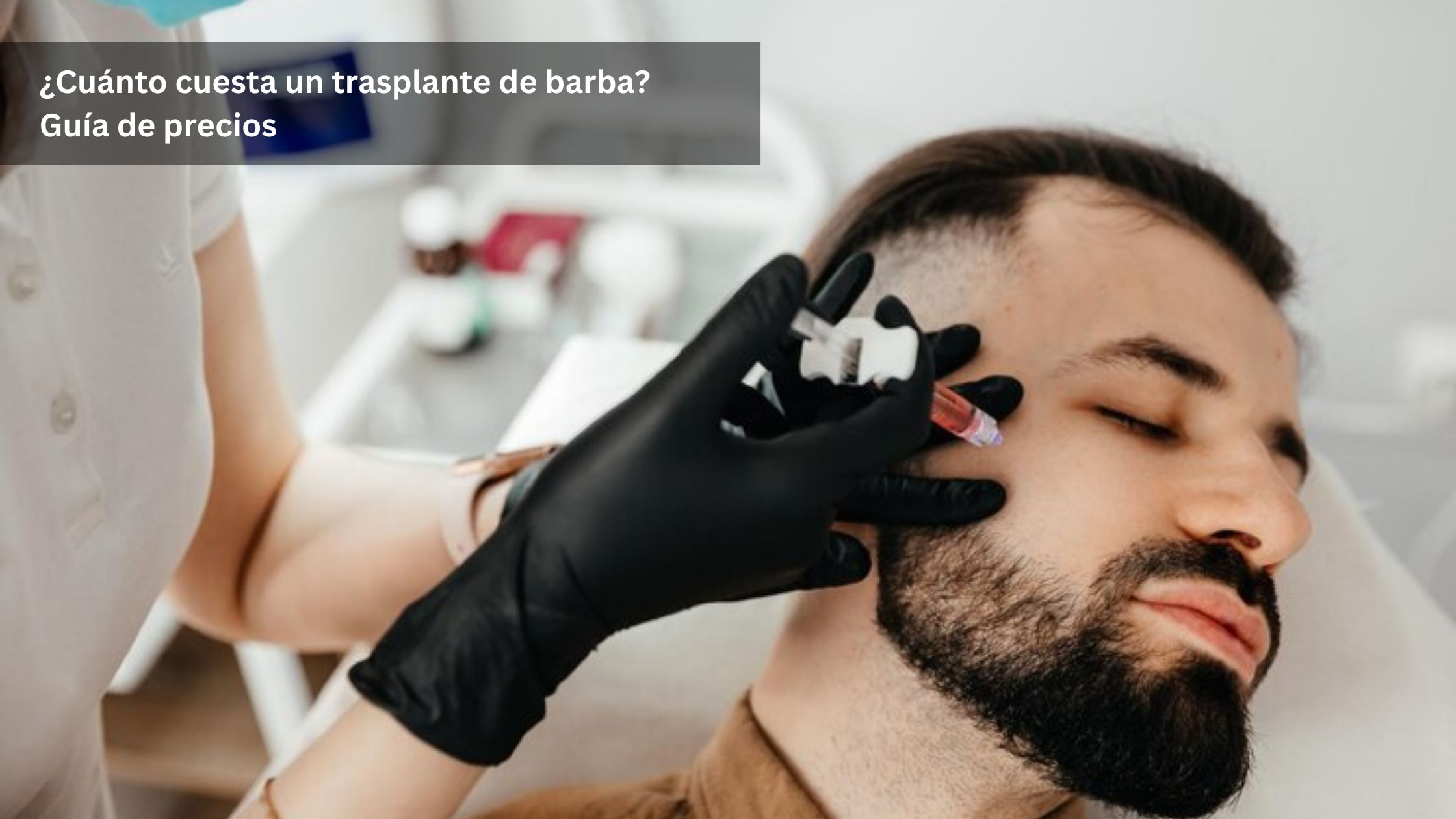Introduction
For those dealing with severe acne, finding a reliable solution can feel challenging. Acne impacts self-confidence and can lead to lasting skin concerns like scars and discoloration. Isotretinoin 40 mg, commonly known as Accutane, is a powerful medication that has transformed the lives of countless individuals struggling with persistent acne. This article delves into how isotretinoin works, its benefits, possible side effects, and practical tips for achieving clear, refreshed skin.
1. Understanding Acne and Its Impact on Skin
Acne is a complex skin condition influenced by factors such as hormone fluctuations, excess oil production, bacteria, and inflammation. Acne can range from mild to severe, with cystic and nodular acne being the most challenging types to treat.
While many over-the-counter products and topical treatments target mild acne, severe or persistent acne often requires a more potent approach. This is where isotretinoin becomes a valuable option, especially for individuals who have not seen success with other treatments.
2. What Is Isotretinoin?
Isotretinoin is a retinoid derivative of vitamin A that treats severe acne by addressing its root causes. It works by:
- Reducing Oil Production: Isotretinoin shrinks the sebaceous (oil) glands, significantly reducing oil production in the skin, which is a key factor in acne development.
- Inhibiting Bacterial Growth: By reducing oil, isotretinoin creates an environment where acne-causing bacteria cannot thrive.
- Decreasing Inflammation: The medication also helps reduce inflammation, calming red, swollen pimples and cysts.
- Promoting Cell Turnover: Like other retinoids, isotretinoin encourages skin cell turnover, helping to clear clogged pores and prevent new acne from forming.
This comprehensive action against acne is why isotretinoin is effective in treating even the most severe cases.
3. The Process of Starting Isotretinoin
Before starting isotretinoin, patients undergo a thorough evaluation by a dermatologist, as the medication is known for its strong effects and potential side effects. Here are the steps involved:
- Consultation and Screening: A dermatologist assesses the severity of acne and any health conditions that may affect suitability for isotretinoin.
- Blood Tests: Blood work is often required to check liver function and cholesterol levels, as isotretinoin can impact these areas.
- iPledge Program: In some countries, isotretinoin prescriptions are controlled through programs like iPledge, ensuring patients understand the risks, especially related to pregnancy.
- Starting Dosage: The dosage is usually low at first, then gradually increased. Treatment typically lasts from four to six months.
4. Benefits of Isotretinoin for Achieving Clear Skin
For those who respond well to isotretinoin, the benefits extend beyond simply reducing acne:
- Long-Lasting Clear Skin: Many people experience long-term acne relief even after completing treatment.
- Improved Skin Texture: By reducing acne and promoting cell turnover, isotretinoin can lead to smoother, more refined skin.
- Boosted Confidence: Clear skin often translates to improved self-esteem, as individuals feel more comfortable in their appearance.
- Reduced Scarring: With fewer severe breakouts, the risk of acne scars decreases, allowing skin to heal more effectively.
5. Potential Side Effects of Isotretinoin
While isotretinoin is effective, it comes with possible side effects. Being aware of these helps in managing them effectively:
- Dry Skin and Lips: The most common side effect is dryness. Moisturizers and lip balms are essential during treatment.
- Increased Sun Sensitivity: Skin can become more sensitive to sunlight, so daily sunscreen use is critical.
- Joint and Muscle Aches: Some individuals report joint discomfort, especially at higher doses.
- Mood Changes: Though rare, some people may experience mood changes, so it’s important to monitor mental well-being during treatment.
- Other Side Effects: Temporary hair thinning, digestive upset, and increased cholesterol or liver enzymes may occur and are typically monitored through periodic blood tests.
Working closely with a dermatologist helps manage these side effects, and in most cases, they are temporary and subside after treatment ends.
6. Tips for Maintaining Healthy Skin on Isotretinoin
To achieve the best results with isotretinoin, patients should follow these skin care tips:
- Use Gentle, Hydrating Products: Stick to a gentle cleanser and avoid harsh scrubs or active ingredients like benzoyl peroxide.
- Stay Hydrated: Drink plenty of water and use a rich moisturizer to combat dryness.
- Apply Sunscreen Daily: Sun protection is essential, as isotretinoin increases skin sensitivity.
- Avoid Waxing and Exfoliants: The skin can be fragile during treatment, so avoid anything abrasive.
- Follow Up with Your Dermatologist: Regular visits to monitor progress and manage any side effects are essential.
7. Post-Treatment Care: Sustaining Your Fresh Look
After completing Buy Isotretinoin Online, many people enjoy lasting results. However, maintaining skin health is key to preventing future issues:
- Stick to a Simple Routine: Keep using gentle cleansers, moisturizers, and sunscreen.
- Consider Retinoids for Maintenance: Retinoid creams can help keep pores clear and reduce the likelihood of new breakouts.
- Healthy Lifestyle Choices: A balanced diet, regular exercise, and stress management contribute to overall skin health.
- Regular Dermatology Check-Ups: Even if acne is under control, check-ups can help address any skin concerns early.
8. Addressing Common Myths About Isotretinoin
Many misconceptions about isotretinoin can deter people from exploring this option. Let’s clarify a few:
- Myth 1: Isotretinoin Causes Permanent Side Effects: Side effects are generally temporary and resolve after treatment ends. Proper monitoring minimizes risks.
- Myth 2: It’s Only for Severe Acne: While commonly prescribed for severe acne, isotretinoin can also help those with persistent, moderate acne that doesn’t respond to other treatments.
- Myth 3: It Will Make Skin Sensitive Forever: Sensitivity typically subsides after stopping isotretinoin, though sunscreen use is always recommended.
Conclusion
Isotretinoin remains one of the most effective solutions for those struggling with severe or persistent acne. While it requires careful monitoring and commitment, the benefits of achieving clear, refreshed skin are often life-changing. By addressing the core causes of acne, isotretinoin provides a path to not only clear skin but also renewed self-confidence and a fresh look. Consult with a dermatologist to discuss whether isotretinoin is the right option for you on your journey to healthy, radiant skin.




